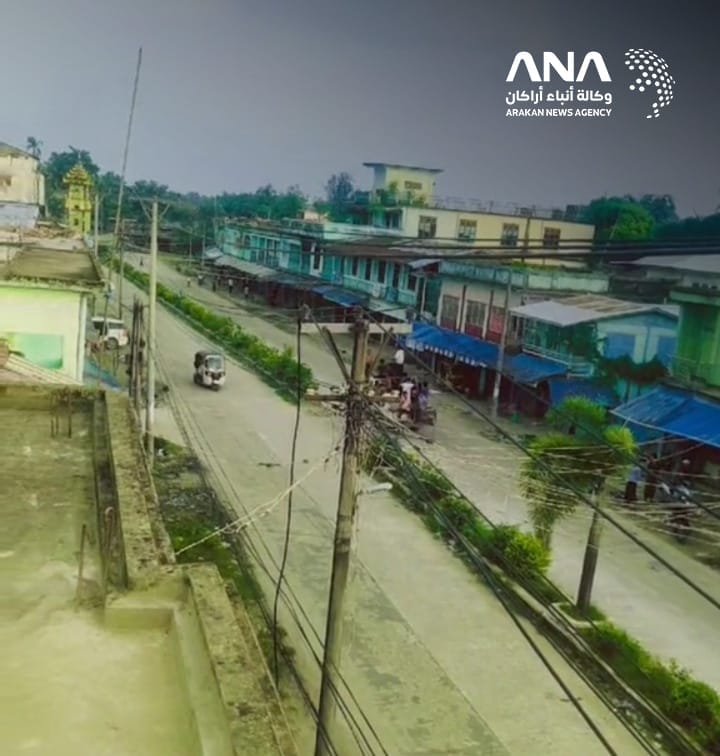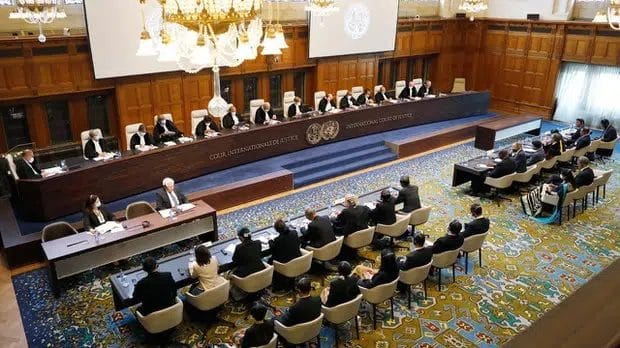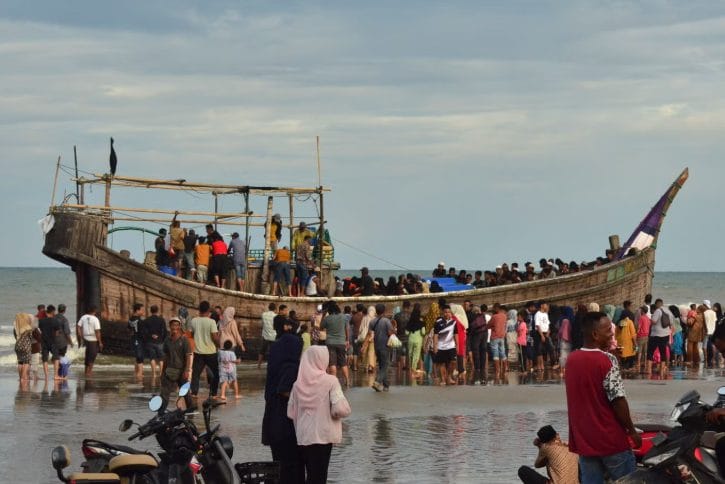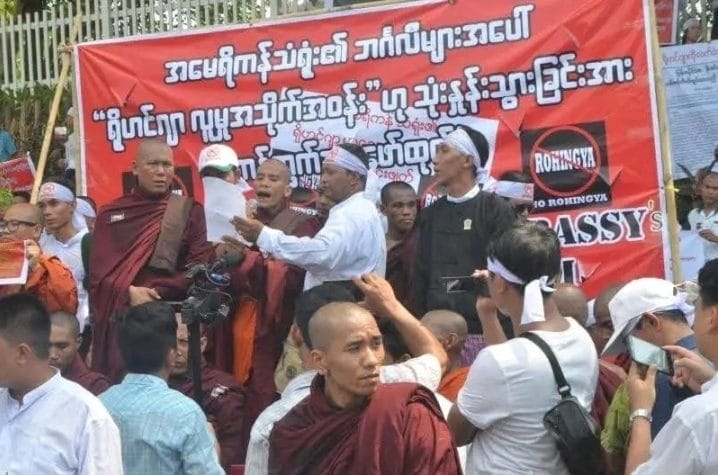Arakan News Agency | Exclusive
Local residents have accused the tax department of the Buddhist Arakan militias (Arakan Army) of imposing excessive taxes and extorting Rohingya shop owners in Maungdaw city, in Myanmar’s western Arakan State, under threats of shop closures and verbal abuse.
Shop owners told Arakan News Agency that they are forced to pay arbitrary amounts every six months, in addition to a licensing fee of 10,000 kyats per shop. They noted that tax amounts vary by shop type, ranging from 60,000 kyats for barber shops to 250,000 kyats for gold shops.
During the displacement period caused by the conflict, all Rohingya shops in Maungdaw were looted, with about three-quarters of goods stolen. After returning roughly four months ago, shop owners reopened their businesses, using what remained of their gold to restart operations and earn a living.
According to residents, the city remains sparsely populated with limited commercial activity. Food and basic commodity prices have surged, and residents are barely surviving by selling their few remaining goods due to the lack of buyers.
While the Myanmar government previously collected taxes once a year, the Buddhist Arakan militias now impose mandatory biannual taxes, including on small shops that were never taxed before, such as barber shops and motorcycle repair shops.
Since the Arakan Army seized Maungdaw on December 8 last year, it has continued its violations against the Rohingya, including closing and confiscating their homes after false complaints, seizing valuable possessions, and displacing many families.
It has also imposed strict movement restrictions on the Rohingya, banning travel between villages and reinforcing this with a network of security checkpoints at the entrances and exits of each Rohingya village. Additionally, it has charged pedestrians and Rohingya motorcycle owners fees for crossing bridges.
The Arakan Army launched a military campaign in November 2023 against the Myanmar military to seize control of the state, managing to capture 14 out of 17 towns. The conflict has also engulfed the Rohingya, who have faced violence, forced displacement, and persecution from both sides — after already suffering a “genocidal” campaign by the Myanmar military in 2017, which forced nearly one million of them to flee to Bangladesh.

















